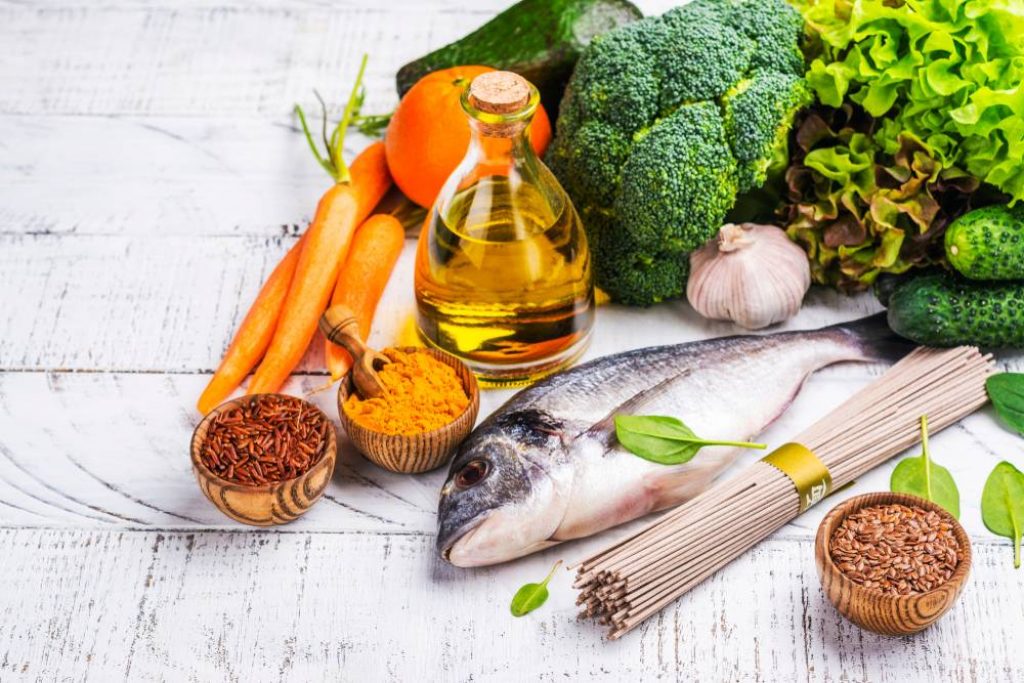
Foods To Avoid For Psoriasis Prevention
Psoriasis is both an autoimmune and inflammatory skin condition that causes your skin cells to multiply too rapidly. It is believed that about 2-4 percent of the entire world population is inflicted with it, and the most common area it afflicts is the scalp. Here we’ll discuss how to alleviate the symptoms and reduce the overall risk.
Related Topics (Sponsored Ads):
Psoriasis is understandably one of the most undesired, irritating and difficult skin conditions to live with, because it leads to a number of other problems such as itchiness, redness, flakes, skin patches and hair loss. Unfortunately, due to the fact that psoriasis is mostly hereditary, there is no way to completely prevent it from developing, and once it does, there is no known cure for this condition. However, on the bright side, there are many foods that can help manage and reduce the overall symptoms and prevent flare ups.

Which Foods To Avoid As Much As Possible
When it comes to psoriasis, it can be quite difficult and confusing to determine which foods are good for you, and which are not. We totally understand the struggle, you will often get different opinions and information from various people, and pretty soon, you will feel like raising your hands up in the air, shrugging your shoulders and calling it quits. However, the following information should put you on the right track to helping you with your condition. But before we spill the beans and get into the good stuff, first we need to lay out the basics of which foods are BAD for psoriasis and why.
As a general rule, if the food you have your eyes on is highly processed, contains gluten, high levels of saturated fats, cholesterol, nightshades or alcohol, it is best and safest to avoid those foods. Why? You may not want to hear it, because so many of the foods we love contain the things mentioned above, but the truth is undeniable- they cause inflammation in your body and thus will worsen a psoriasis condition.
This is a list of highly inflammatory foods that you will want to minimize and avoid as much as possible:
• Red meat (beef, pork, lamb, etc.)
• Dairy (Cow’s milk, cheese)
• Egg yolks
• Gluten from grains (wheat and wheat varieties, including wheat berries, durum, emmer, semolina, spelt, farina, farro, graham, and einkorn wheat, rye, barley, triticale, malt)
• Foods that contain gluten (pasta, noodles, bread, pastries, crackers, croutons, pancakes, waffles, beer, gravies, sauces, flour tortillas, breading and coating mixes.)
• Processed foods (packaged foods like crackers and granola, bacon, sausage, and deli meat, pre-made meals like frozen pizza and some microwaveable dinners.)
• Nightshade veggies (eggplant, tomatoes, peppers, potatoes, paprika.)
• Alcoholic Drinks
So, as far as foods go, the key factor to focus on with any inflammatory disease, including psoriasis, is to focus on foods that are Anti-inflammatory.
That list may seem a bit daunting, but with a little determination and commitment, anyone can achieve it.
Listed below are the foods you want to stock up on.
Fruits and Veggies
Fresh fruits and vegetables are high in antioxidants, have zero cholesterol, and you will find them in almost all anti-inflammatory diets. Now that is what we call a win-win.<p.
Load up your shopping wagon with:
• leafy greens, such as kale, spinach, lettuce, arugula
• broccoli, cauliflower, cabbage, Brussels sprouts
• avocados, olives, berries, cherries
Healthy Fats
Healthy oils, such as omega-3 and omega-6 fatty acids, are all good for your body and heart. Studies focusing on fish oil’s effect on psoriasis found that consuming high doses of omega-3s helped alleviate redness, thickness, and scaling. More specific research is needed to see exactly how effective omega-3s can be, but don’t let that stop you from adding fatty fish to your diet.
Go nuts with:
• fatty fish like salmon, trout, herring, tuna, and sardines
• walnuts, almonds, peanuts, and nut butters
• flaxseeds, pumpkin seeds, sunflower seeds, and chia seeds
• extra-virgin olive oil
• avocados
Poultry
If anyone tries to tell you that chicken, turkey or any other bird doesn’t belong in an Anti- inflammatory diet, don’t listen to that false info. They couldn’t be more wrong. They’re probably mixed up with those anti-allergy diets. Well then, what are you waiting for? Grab those steamy, juicy chicken legs and enjoy.
Cocoa And Dark Chocolate
If you’ve got a sweet tooth, then you’re in luck. Dark chocolate contains “Flavanols”, which have anti-inflammatory effects that help keep the endothelial cells that line your arteries healthy. So, go ahead and add that sweet, delicious dark chocolate or hot cocoa to your dessert menu.
Nutritional Supplements
Psoriasis has been linked to vitamin deficiencies, so it may be a good idea to discuss nutritional supplements with your doctor.
Research has indicated that vitamin D supplements help with psoriatic symptoms. But make sure not to overdo it, or you could put yourself at higher risk of developing kidney stones. Vitamin B-12 supplements may also be beneficial, but the research on their effectiveness is still inconclusive.
Studies have found moderate evidence that fish oil supplements can improve psoriasis symptoms. In addition, many people with psoriasis also have selenium deficiencies, and supplements have proven mildly effective in reducing symptoms.
Final Thoughts
As mentioned above, there may not be any prevention or cure for psoriasis, but with proper guidance, you can significantly reduce the unpleasant symptoms and improve your quality of life. You shouldn’t have to suffer every day. Let food be your sweet remedy.




